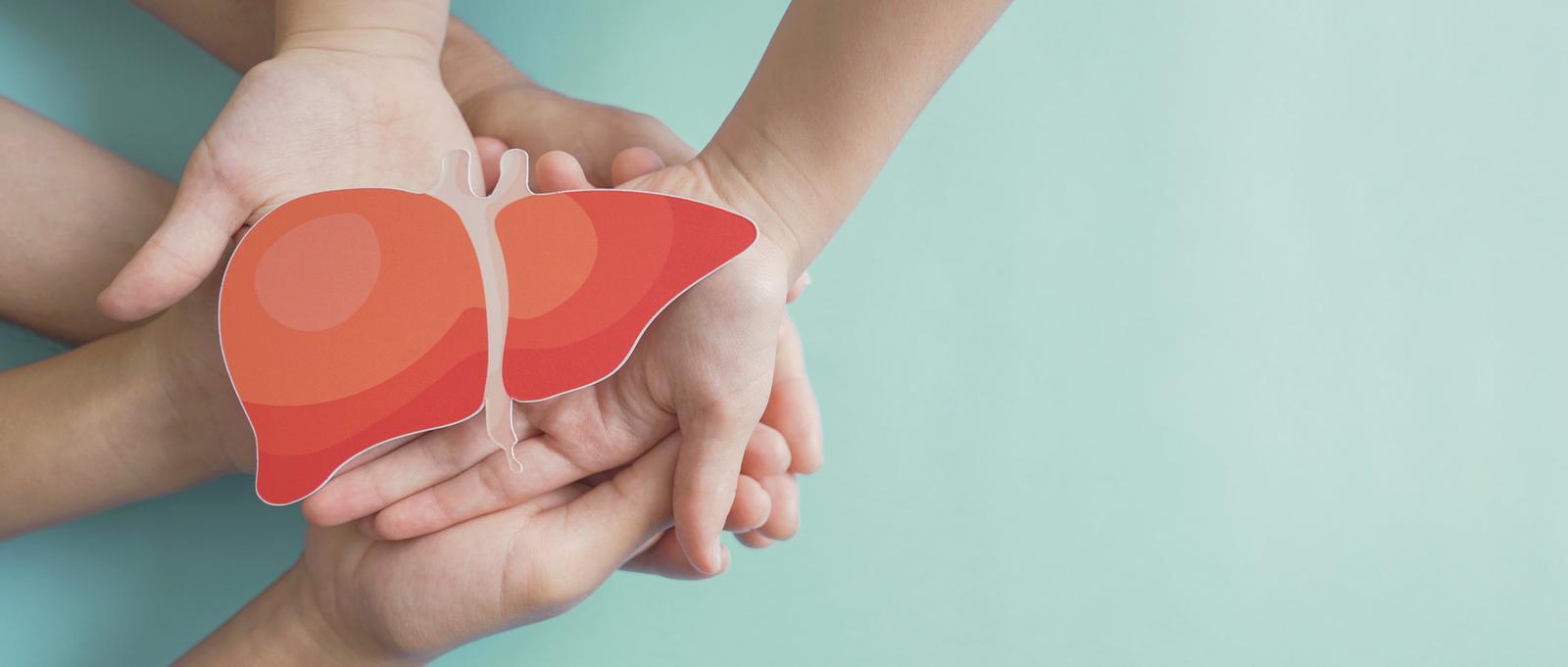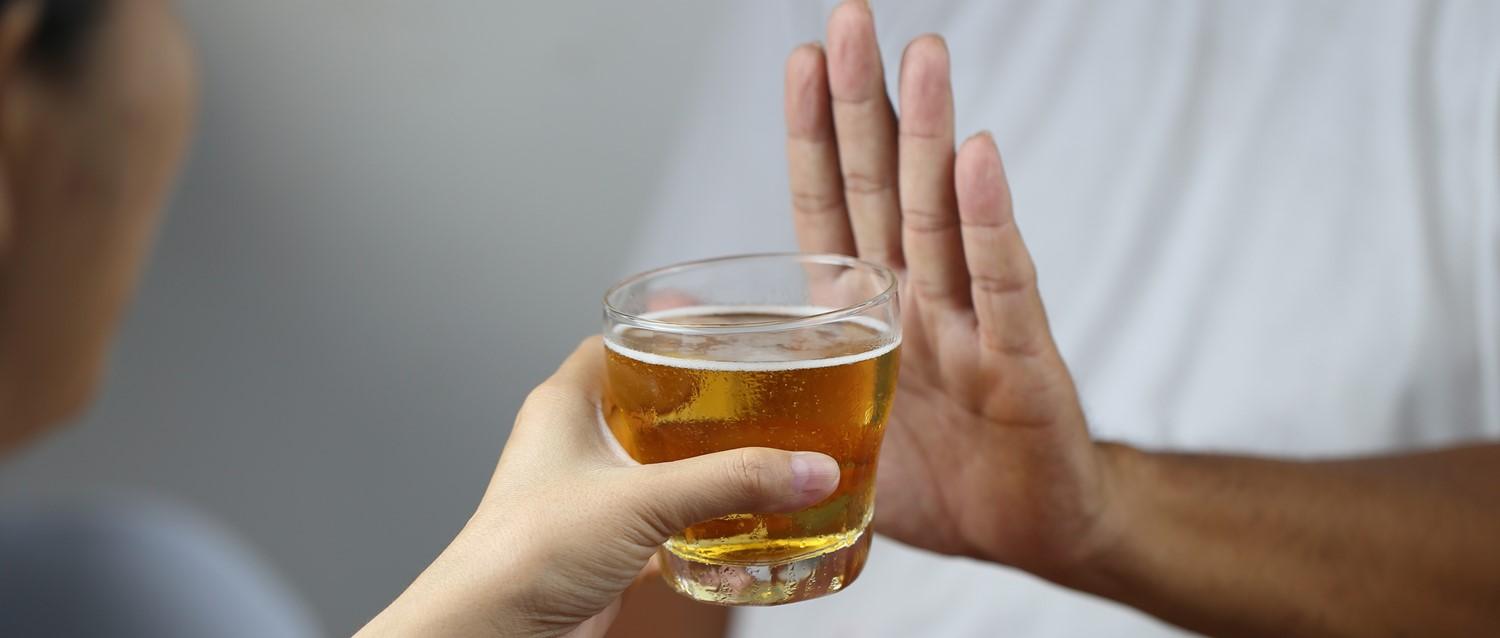
Wie Sie Ihre Leber während der Erstsemesterwoche schonen können
Peer reviewed by Dr Colin Tidy, MRCGPLast updated by Heather AinsworthLast updated 4 Sept 2025
- HerunterladenHerunterladen
- Teilen Sie
Teilen Sie
Freshers’ week is packed with parties, new friends, and plenty of late nights. But a week of drinking can be tough on your liver. To help you enjoy freshers' without putting your health at risk, we’ve pulled together some simple tips on how to look after your liver whilst still making the most of your uni experience.
In diesem Artikel:
Lesen Sie unten weiter
Eat before you go out
Food slows down the rate at which alcohol is absorbed into your bloodstream. Making sure you 'line your stomach' before drinking alcohol prevents you from getting drunk too quickly, helps maintain blood sugar levels, and reduces the chance of getting a hangover1.
The best choices are foods that release energy slowly – go for a mixture of protein and carbs, such as chicken or fish and pasta or potatoes.
Avoid pre-drinking
It’s tempting to drink before you go out to save money, but the danger is you’ll get drunk quickly and could miss out on most of the evening. Ideally, avoid ‘pre-drinking’ altogether but if you do it, choose a long drink such as beer. Give hand-poured spirits a miss too, as it’s easy to drink far more than you realise.
Lesen Sie unten weiter
Know your units
Keeping tabs on how much you’re drinking is a good habit to get into. Adults should drink no more than two to three units a day, which amounts to one pint of standard-strength (5%) lager, beer or cider, or two to three single pub measures (25ml) of spirits, or one medium to large glass of 12% ABV (alcohol by volume) wine.
The weekly units for men and women is 14 units2. It’s also recommended that you have at least two to three dry days a week.
Beware of bingeing
While alcohol-free days are important, it’s a bad idea to save up your units for one or two days. A report by the Department of Health found that drinking between five and seven units in one session raises the risk of accidents and injuries between two to five times3.
Binge drinking also lowers your inhibitions and judgment, putting you at greater risk of danger, and over time it can affect mood and memory. The worst-case scenario is alcohol poisoning, which is potentially fatal.
Lesen Sie unten weiter
Pace yourself
It takes up to an hour for your body to process one unit of alcohol, so make your drinks last. Choose long drinks over shots, and drink water either alongside or between alcoholic drinks. This will slow down your drinking and keep you hydrated, helping to fend off tomorrow’s hangover. Or simply go for a soft drink.
Avoid big rounds
Not only are they expensive, but you’ll end up keeping pace with the fastest drinker. Everyone metabolises alcohol at a different rate too, depending on their gender and size4. So if you’re a nine stone woman, don’t try to keep up with a 13 stone man.
This isn’t sexist – it’s medical fact! The body holds alcohol in water, and because women have proportionally less water than men their blood alcohol levels become more concentrated.
Pick events wisely
If you’re not interested in drinking, a pub crawl is an obvious no-no but there are lots of arts and activity-based events to attend. You could also try a night out at an alcohol-free bar – there are a number of ‘dry bars’ now in big cities such as London, Manchester, Nottingham and Liverpool.
Resist peer pressure
Many universities have banned alcohol-fuelled initiation rites to clubs and societies, some of which have resulted in the deaths of students due to alcohol poisoning or accidents. But drinking games still go on.
If you’re not comfortable with something, don’t do it. It’s your body and being responsible for your own actions is part of being an adult. In the long run, most people will respect you more for standing your ground, and you won’t end up untagging yourself from embarrassing photos on social media.
If they don’t, find some new friends – there’s probably plenty of people feeling just the same way you do.
Weitere Lektüre
1. Ramsbottom et al: Food as harm reduction during a drinking session
2. Gov.uk: Delivering better oral health - chapter 12 alcohol
3. Department of Health: Alcohol guidelines review
4. Drink Aware: Alcohol and women
Patienten wählen aus für Alkoholische Beratung

Was man zu jemandem, der keinen Alkohol trinkt, nicht sagen sollte
Es gibt eine Vielzahl von Gründen, warum Menschen keinen Alkohol trinken. Vielleicht ist es eine einfache Entscheidung für den Lebensstil, oder sie versuchen, eine Sucht zu überwinden. Wie auch immer die Situation aussieht, es ist wichtig, respektvoll damit umzugehen, vor allem in der Weihnachts- und Silvesterparty-Saison. Wenn Sie mit Ihrem Alkoholproblem zu kämpfen haben, können Sie sich an bestimmte Stellen wenden, um Hilfe zu erhalten.
von Emily Jane Bashforth

Gesundheit der Verdauung
Alkohol und vernünftiger Alkoholkonsum - sichere Grenzwerte für Alkohol
Im Vereinigten Königreich trinkt fast die Hälfte der Erwachsenen einmal pro Woche oder öfter Alkohol. Etwa ein Viertel aller Erwachsenen gibt an, mehr als die empfohlene wöchentliche Höchstmenge an Alkohol zu trinken.
von Dr. Doug McKechnie, MRCGP
Artikel Geschichte
Die Informationen auf dieser Seite wurden von qualifizierten Klinikern geprüft.
Nächste Überprüfung fällig: 4. September 2028
4 Sept 2025 | Neueste Version
Ursprünglich veröffentlicht
Verfasst von:
Danny Chadburn

Fragen, teilen, verbinden.
Stöbern Sie in Diskussionen, stellen Sie Fragen, und tauschen Sie Erfahrungen zu Hunderten von Gesundheitsthemen aus.

Fühlen Sie sich unwohl?
Beurteilen Sie Ihre Symptome online und kostenlos